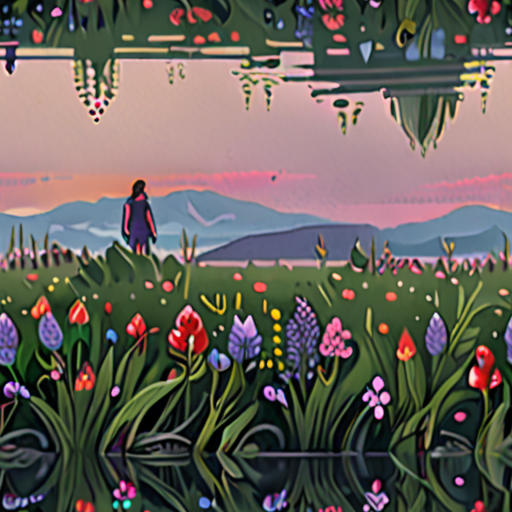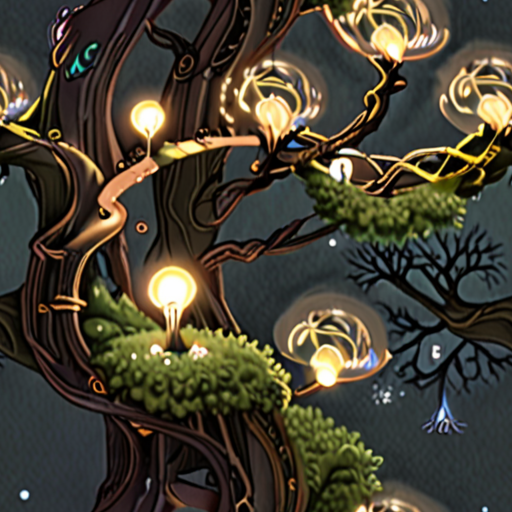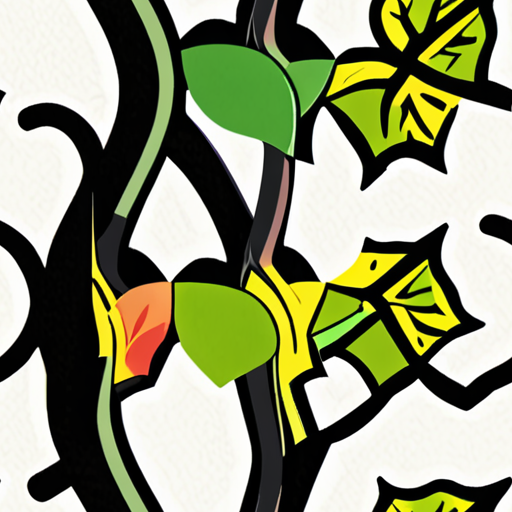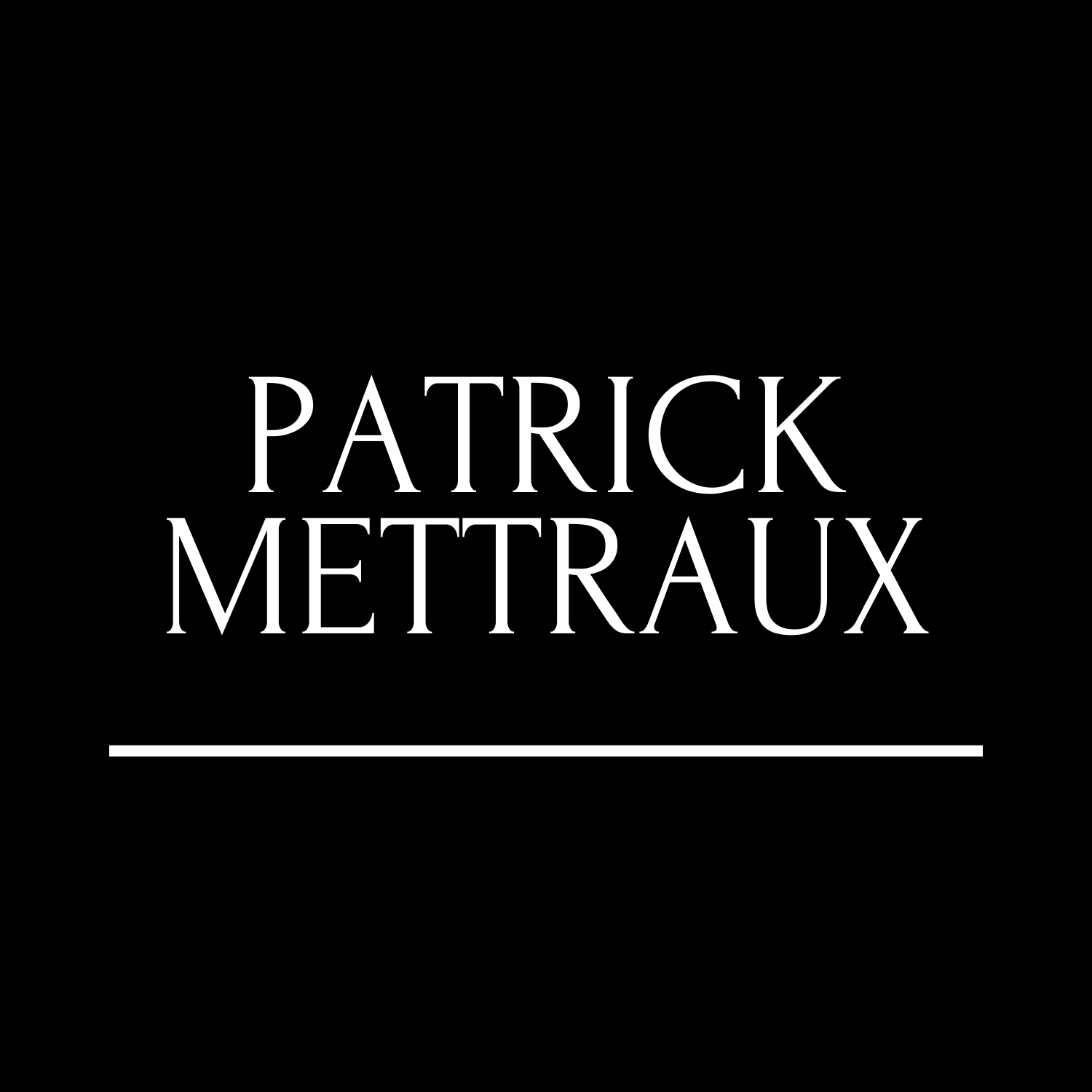The creative process is a multifaceted and dynamic concept that has been extensively studied and applied across various disciplines, including business, art, science, and technology. At its core, creative process exploration refers to the systematic investigation and analysis of the cognitive, emotional, and behavioral processes involved in generating innovative ideas, solutions, and products. By understanding the intricacies of the creative process, individuals and organizations can unlock new opportunities for growth, innovation, and success.

The Creative Exploration Process
I’ve always been fascinated by the concept of creative exploration, which I believe is the foundation of innovation and growth in any field.
- Defining Creative Exploration: To me, creative exploration is the process of pushing the boundaries of my chosen medium, whether it’s writing, art, music, or any other form of self-expression.
- Exploring New Techniques and Styles: As I continue to hone my craft, I’m constantly seeking out new techniques and styles to incorporate into my work.
- Consistently Practicing My Craft: Regular practice allows me to refine my skills and develop a unique voice that sets me apart from others.
- Embracing Failure and Learning from Mistakes: Every failure and mistake presents an opportunity to learn and grow, helping me to refine my approach and stay true to my vision.
- Cultivating Inspiration and Curiosity: Surrounding myself with diverse influences and experiences keeps my mind open to new ideas and possibilities.
- Staying True to My Vision: Through it all, I remain committed to my artistic vision, staying focused on what drives me to create in the first place.
By embracing the creative exploration process, I’ve been able to tap into my full potential and produce work that truly reflects my unique perspective.
Key Takeaways:
- Persist in Your Practice: Consistency is key to developing your skills and staying true to your vision.
- Stay Open-Minded: Continuously seek out new inspiration and experiences to fuel your creativity.
- Learn from Failure: View every setback as an opportunity to grow and refine your approach.
- Stay Focused: Remain committed to your artistic vision, even in the face of uncertainty or adversity.
Additional Resources:
For those looking to dive deeper into the world of creative exploration, I recommend checking out the works of TED and Creativebug .
The 5 Stages of the Creative Process
I’ve always been fascinated by the creative process, and I’m excited to share my understanding of its five stages with you.
- Preparation
- Gather inspiration from various sources, such as books, movies, art, or nature.
- Research your topic thoroughly, taking note of interesting facts and ideas.
- Create a plan, outlining your approach, timeline, and milestones.
- Incubation
- Take breaks and engage in activities that stimulate your mind, such as meditation, exercise, or hobbies.
- Keep a journal or sketchbook to record any insights or inspirations that come to you.
- Illumination
- Write down your idea as soon as possible, refining it and developing it further.
- Explore different possibilities and scenarios, considering multiple outcomes.
- Refine your concept, eliminating unnecessary details and focusing on the core idea.
- Evaluation
- Review your work objectively, considering feedback from others and self-reflection.
- Making adjustments and revisions as needed, staying true to your vision.
- Finalize your project, feeling confident in its quality and impact.
- Implementation
- Promote your work through various channels, such as social media, advertising, or networking.
- Engage with your audience, responding to feedback and building a community around your creation.
- Continuously evaluate and improve your work, staying open to new ideas and opportunities.
This stage involves gathering inspiration, researching, and planning. It’s essential to understand your goals, target audience, and available resources before diving into the creative process.
This stage allows your mind to wander and relax, making connections between seemingly unrelated ideas. It’s during this phase that you may experience moments of insight or epiphany.
This stage marks the moment of breakthrough, where you have a sudden realization or idea. It’s essential to capture this moment and build upon it.
This stage involves critiquing and refining your work, ensuring it meets your standards and objectives.
This final stage involves bringing your creation to life, sharing it with the world, and enjoying the fruits of your labor.

The 7 Steps of the Creative Process
I’ve always been fascinated by the creative process, and I’m excited to share my understanding of the 7 stages that bring ideas to life.
- Intending
- Incubating
- Investigating
- Composing
- Deepening
- Completing
- Going Public
This is the initial stage where we define our goals and objectives. It’s essential to clarify what we want to achieve and set a clear direction for our creative journey.
During this stage, we allow ourselves to relax and let our minds wander. Incubation helps us tap into our subconscious mind, making space for new ideas and inspiration to emerge.
Investigation involves gathering information, researching, and exploring different possibilities. This stage helps us gain a deeper understanding of our subject matter and identify potential solutions.
Composition is where we start bringing our ideas together, experimenting with different forms and structures. This stage requires patience, creativity, and a willingness to take risks.
As we refine our work, we enter the deepening stage, where we focus on adding depth, complexity, and nuance to our creations. This is an opportunity to push boundaries and challenge ourselves.
Completion marks the final stage of the creative process, where we tie up loose ends, review our work, and prepare it for sharing with others.
Going public is the last step, where we share our creations with the world. This can be a daunting task, but it’s also an exciting opportunity to connect with others and receive feedback.
By understanding these 7 stages, we can better navigate the creative process, overcome obstacles, and produce high-quality work that resonates with others.

The 4 Stages of the Creative Process
I’ve always been fascinated by the creative process and how it can be applied to various aspects of life.
- Preparation
- Gathering inspiration from various sources, such as books, movies, or conversations
- Defining goals and objectives for the project
- Developing a plan and timeline for completion
- Incubation
- Allowing yourself time to relax and recharge
- Making space for random thoughts and ideas to emerge
- Engaging in activities that stimulate creativity, such as meditation or daydreaming
- Illumination
- Noticing patterns and connections between ideas
- Exploring new possibilities and alternatives
- Refining and developing the idea further
- Verification
- Sharing the idea with others and seeking feedback
- Testing and iterating on the idea
- Evaluating progress and making adjustments as needed
This stage involves gathering information, researching, and planning. It’s essential to have a solid foundation before diving into the creative process.
This stage allows ideas to simmer in the background, often unconsciously. It’s during this time that connections between seemingly unrelated concepts can be made.
This stage marks the moment when ideas start to take shape. Insights and epiphanies can occur, leading to breakthroughs and innovative solutions.
This final stage involves testing and refining the idea. It’s crucial to validate assumptions and gather feedback from others.
By understanding and applying these four stages, I believe we can tap into our full creative potential and bring innovative ideas to life.
The Four Roles in Creative Thinking
Roger von Oech distinguishes four main roles in creative thinking and calls them the Explorer, the Artist, the Judge, and the Warrior.
-
The Explorer
This role involves searching for new information and resources. As an explorer, I am constantly seeking out new ideas, experiences, and knowledge to fuel my creativity.
I believe that exploration is essential to the creative process, as it allows me to discover new possibilities and approaches that might not have been apparent otherwise.
As someone who values curiosity and a willingness to take risks, I try to approach every situation with an open mind and a sense of adventure.
-
The Artist
The artist role is all about bringing new ideas to life. This involves taking the raw materials gathered during the exploratory phase and shaping them into something tangible and meaningful.
As an artist, I strive to express myself authentically and honestly, using my unique perspective and talents to bring my vision to fruition.
I believe that the artist role requires a combination of technical skill and emotional intelligence, as well as a deep understanding of the subject matter and the audience.
-
The Judge
The judge role involves evaluating and critiquing the work produced during the artistic phase. This helps to refine and perfect the idea, making sure it meets the highest standards of quality and effectiveness.
As a judge, I try to approach my work with a critical eye, looking for ways to improve and refine my creations.
I believe that self-criticism is an essential part of the creative process, as it helps me to identify areas for improvement and push myself to new heights.
-
The Warrior
The warrior role is all about defending and promoting the work created during the artistic phase. This involves advocating for the idea and its value, as well as finding ways to overcome obstacles and challenges that may arise.
As a warrior, I try to be a champion for my work, using my passion and conviction to inspire others and drive progress.
I believe that the warrior role requires a strong sense of purpose and determination, as well as the ability to adapt and evolve in response to changing circumstances.

Describing My Creative Process
I’ve often been asked how I approach my creative endeavors, and I’m happy to share my process with you.
-
Step 1: Preparation
This involves setting clear goals and objectives for the project, researching the subject matter, and gathering inspiration from various sources.
-
Step 2: Incubation
This stage allows me to let my ideas simmer in the background, often taking a break from the project to recharge and come back to it with fresh eyes.
-
Step 3: Illumination
This is where the magic happens – I start to see connections between seemingly unrelated concepts, and my ideas begin to take shape.
-
Step 4: Verification
In this final stage, I refine my ideas, fact-check, and edit until I’m satisfied with the outcome.
My creative process is unique to me, and I’ve developed it over years of experimentation and learning.
While there are many frameworks and models out there, I find that my own approach works best for me.
By understanding my creative process, you’ll gain insight into how I approach problem-solving and idea generation.
This knowledge can help you better collaborate with me and understand my perspective.
Ultimately, describing my creative process helps me connect with others who share similar interests and passions.
Conclusion:
My creative process is a dynamic and iterative journey that involves preparation, incubation, illumination, and verification.
By understanding this process, you’ll gain a deeper appreciation for my work and how I approach complex problems.
This knowledge can help us work together more effectively and bring innovative ideas to life.

0 Comments